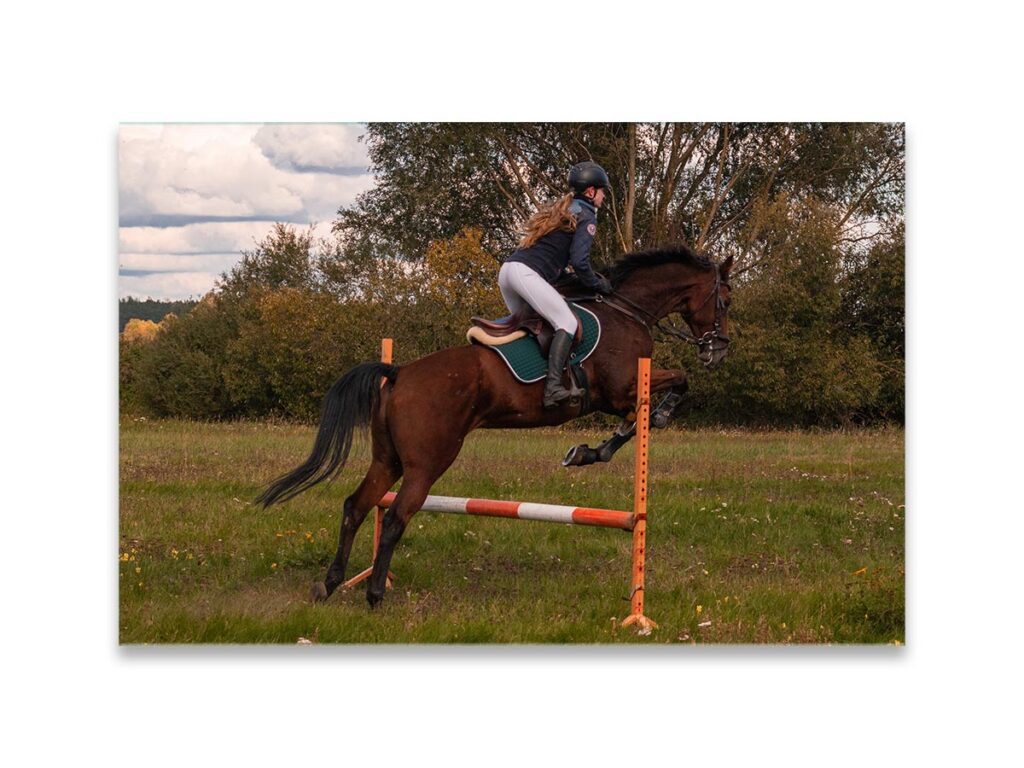Introduction
Tutorial for Photographers: Welcome to the Tutorial for Photographers, designed to offer a holistic learning experience for photography enthusiasts. This guide serves as a roadmap for creating a comprehensive photography course. It’s an all-inclusive tutorial that aims to equip students with various skills, from understanding basic principles to advanced techniques, post-production, and career guidance.

Target Audience
This tutorial is targeted primarily at beginners and intermediate-level photographers. However, even advanced photographers may find some modules beneficial.
Course Objectives
By the end of the course, students should:
- Understand the basics of photography, including its history and types
- Be proficient in handling a camera and capturing quality photographs
- Know how to post-process and edit their photographs
- Be aware of career and business aspects of photography
Format and Medium
This course is designed to be online and self-paced, presented in a text-based format.
Duration
The course is designed to span 12 weeks, broken down into various modules and sessions.
Equipment Needed
- Camera (DSLR/Mirrorless)
- Lenses (Prime and Zoom)
- Tripod
- SD Cards
- Laptop with editing software (Adobe Lightroom and Photoshop)
Budget
The production cost, including materials, can range from $1,000 to $3,000, depending on the quality of the resources.
Instructors
A single instructor will guide the theoretical modules, with guest lecturers for specialized techniques.

Curriculum Development
Introduction
Basics of Photography
Photography is the art of capturing light with a camera to create an image. The history of photography traces back to the early 19th century, with various technological and artistic advancements shaping its evolution.
Types of Photography
- Portrait
- Landscape
- Macro
- Wildlife
- Fashion
- Street Photography
- Architectural
Theoretical Framework
Exposure Triangle
Understanding the exposure triangle—ISO, Shutter Speed, and Aperture—is crucial for mastering photography.
- ISO: Determines how sensitive the camera’s sensor is to light.
- Shutter Speed: The length of time when the camera sensor will be exposed to light.
- Aperture: Size of the lens opening, affecting the depth of field.

Composition
Learn about the principles of composition, such as:
- Rule of Thirds
- Leading Lines
- Framing
- Symmetry
- Patterns
Lighting
Understand the difference between Natural and Artificial Lighting, when to shoot during the golden hour, and how to manipulate light.
Color Theory
Delve into color harmony, color contrast, and the emotional impacts of different color schemes.
Camera Types and Lenses
Learn the differences between DSLR and Mirrorless cameras and lens types like prime, zoom, wide-angle, and telephoto.
Technical Skills
Camera Handling
Learn how to hold, focus, and shoot using your camera.
Shooting Modes
Master Manual, Aperture Priority, Shutter Priority, and Program modes for versatile shooting experiences.
White Balance and Metering
Understand techniques to get proper color and exposure in your shots.
Advanced Techniques
- HDR (High Dynamic Range)
- Long Exposure
- Bokeh
Practical Application
Hands-on Assignments
Real-world exercises to help you practice your learned skills.
Critique and Feedback
Sessions are designed to offer constructive criticism and guidance.
Field Trips
On-site practice in different settings, from urban landscapes to natural sceneries.
Post-Production
Editing Basics
Introduction to photo editing software like Adobe Lightroom and Photoshop.
Advanced Editing
Techniques like retouching, color grading, and blending multiple exposures.

Career and Business
Building a Portfolio
Select, compile, and present your best work in a portfolio.
Marketing and Branding
Utilize social media, websites, and other platforms to promote your work.
Legal and Ethical Aspects
Learn about copyright laws, model releases, and ethical standards in photography.
Monetization
Discover ways to make money through selling photos, freelancing, and more.
Course Materials
- Resource Lists
- Quizzes and Exams
Course Delivery
- Timeline: Detailed schedule
- Accessibility: Subtitles, Transcripts
- Interactivity: Discussion forums
Post-Course
- Certificates
- Feedback and Improvement
Additional Modules
- Special Techniques: Drone Photography, Underwater Photography
- Visual Storytelling
- Mobile Photography
- Film Photography
User Engagement
- Homework and Assignments
- Discussion Boards
- Live Q&A Sessions
- Mid-term/Final Projects
Additional Resources
- Software Tutorials
- Resource Library
Monitoring and Updating
- Progress Tracking
- Course Updates
Community Building
- Alumni Network
- Workshops and Webinars
- Collaboration Opportunities
Marketing and Outreach
- Promotional Content
- Partnerships
- Affiliate Programs
- Analytics
Customer Support
- Technical Support
- Educational Support
- Refund Policy
Post-Course Surveys and Feedback
- Course Evaluation
- Testimonials
- Iterative Improvement
Thank you for joining us on this educational journey. We look forward to seeing your progress and contributions to photography.
Author Profile

Latest entries
- August 19, 2024Photo PrintsHow to Clean Glass Pictures: Keep Your Memories Sparkling
- August 19, 2024Photo PrintsThe Best Photo Cameras of 2024
- August 19, 2024Photo PrintsAPG Graphics: The Only Company That Laminates Photos on Glass in the USA
- August 19, 2024Photo PrintsThe Best Online Photo Printing Services for 2024

